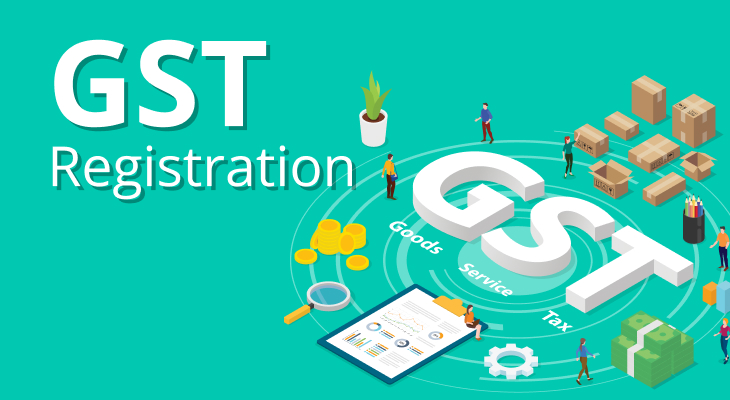Locating Reputable and Reliable Best GST Registration Services in Singapore
Locating Reputable and Reliable Best GST Registration Services in Singapore
Blog Article
From Beginning To End: The Ultimate Roadmap to GST Registration for Organizations Seeking Financial Security
Browsing the complexities of Item and Provider Tax (GST) enrollment is an important step for services making every effort for economic security. Damaging down the roadmap into workable actions can improve the enrollment journey for businesses looking to improve their financial standing.
Comprehending GST Basics
Digging into the fundamental principles of Item and Services Tax Obligation (GST) is vital for obtaining a thorough understanding of its effects on companies and the economy. Input Tax Debt (ITC) is a significant feature of GST, allowing organizations to claim credit scores for taxes paid on inputs, reducing the overall tax obligation burden. Comprehending the essentials of GST is essential for services to abide with tax guidelines, handle their funds successfully, and contribute to the nation's financial development by taking part in a transparent tax obligation system.
Eligibility Standards for Enrollment
To sign up for GST, services need to meet certain qualification criteria developed by the federal government. The key eligibility demand is that any type of business entailed in the supply of items or services with a yearly aggregate turn over above the threshold limitation set by the authorities have to register for GST. As of the current policies, the threshold limit for GST enrollment is a yearly aggregate turn over of 40 lakhs for services running within a state, other than for unique group states where the limitation is 20 lakhs. Additionally, certain businesses are needed to sign up for GST irrespective of their turn over, such as interstate distributors, laid-back taxed individuals, and companies liable to pay tax under the reverse charge system. It is vital for organizations to completely evaluate their turnover and deal types to determine their GST registration commitments accurately. Failure to register for GST when eligible can lead to penalties and legal effects, making it vital for services to comply with the defined qualification standards.
Documents Needed for Enrollment
Having met the qualification standards for GST registration, organizations need to now ensure they have the requisite records in location to continue with the enrollment process successfully. The papers needed for GST enrollment commonly include evidence of service constitution, such as collaboration action, enrollment certification, or unification certification for different types of businesses. Additionally, organizations need to supply documents developing the primary place of service, such as a rental agreement or electricity bill.
Step-by-Step Enrollment Refine
Beginning the GST enrollment process entails a collection of structured actions to make sure a certified and smooth registration for businesses. The very first action is to go to the GST website and fill in the registration kind with exact information of business entity. Following this, the applicant receives a Short-term Recommendation Number (TRN) which is utilized to return to the application process if it's not completed in one go.
Following, all needed records according to the list offered by the GST portal requirement to be uploaded. These files generally consist of proof of service registration, identity and address proofs of marketers, monetary declarations, and business entity's PAN card.

Post-Registration Compliance Guidelines

Verdict
In final thought, companies looking for monetary security should recognize the fundamentals of GST, satisfy eligibility standards, gather essential records, adhere to the step-by-step enrollment process, and follow post-registration standards - Best GST registration services in Singapore. By adhering to these steps, organizations can ensure conformity with tax policies and keep financial stability in the future
Furthermore, particular organizations are needed to sign up for GST irrespective of their turnover, such as interstate vendors, casual taxed persons, and businesses liable to pay tax under the reverse More Info cost device.Having met the eligibility criteria for GST enrollment, organizations need to currently ensure they have the requisite files in area to continue with the enrollment procedure successfully. The documents needed for GST registration usually include proof of company constitution, such as partnership deed, registration certificate, or consolidation certification for different types of organizations. Furthermore, organizations need to offer records establishing the primary place of organization, such as a rental arrangement or important source electrical energy expense.Commencing the GST registration procedure entails a collection of structured actions to guarantee a certified and seamless registration for services.
Report this page